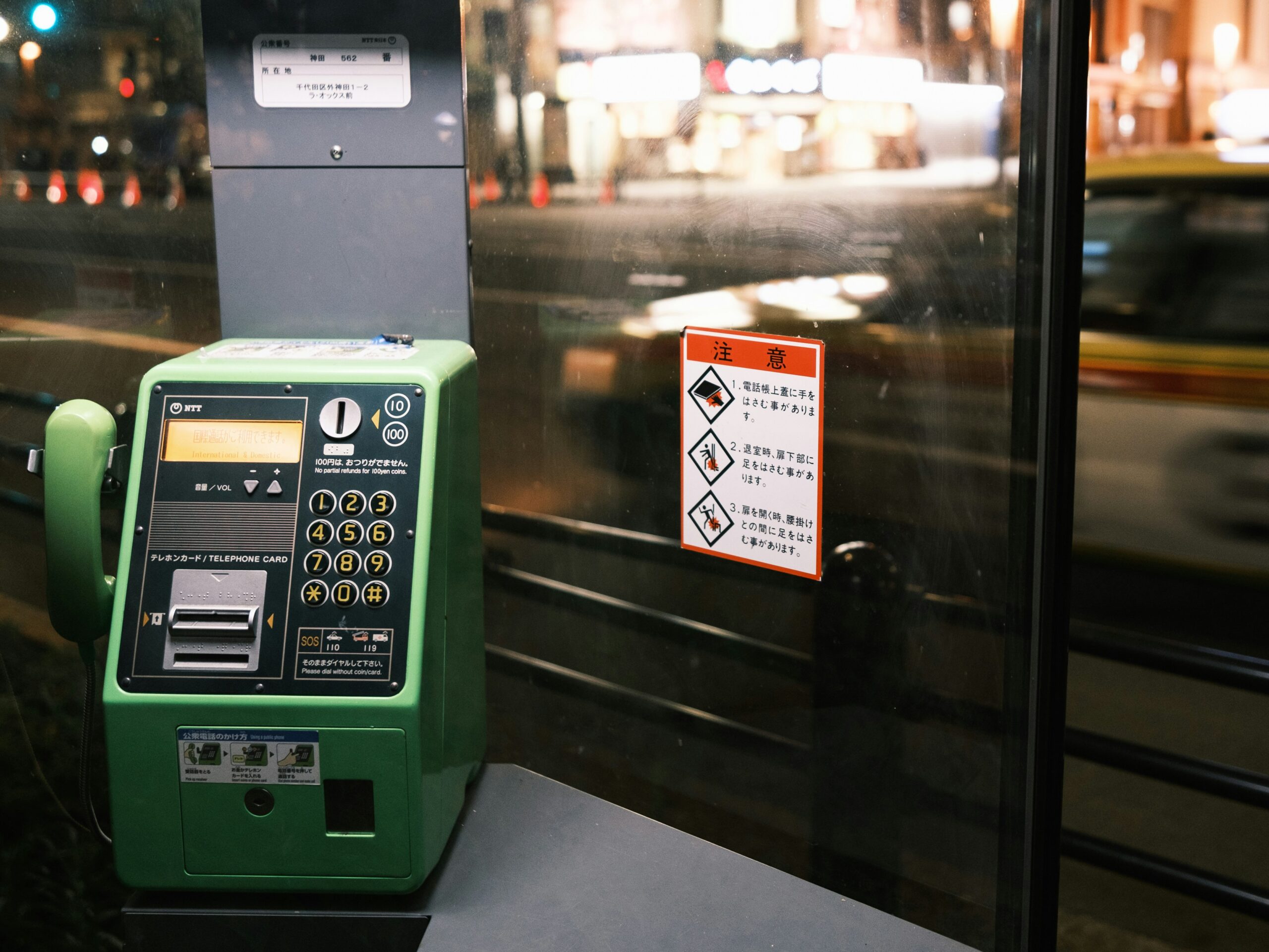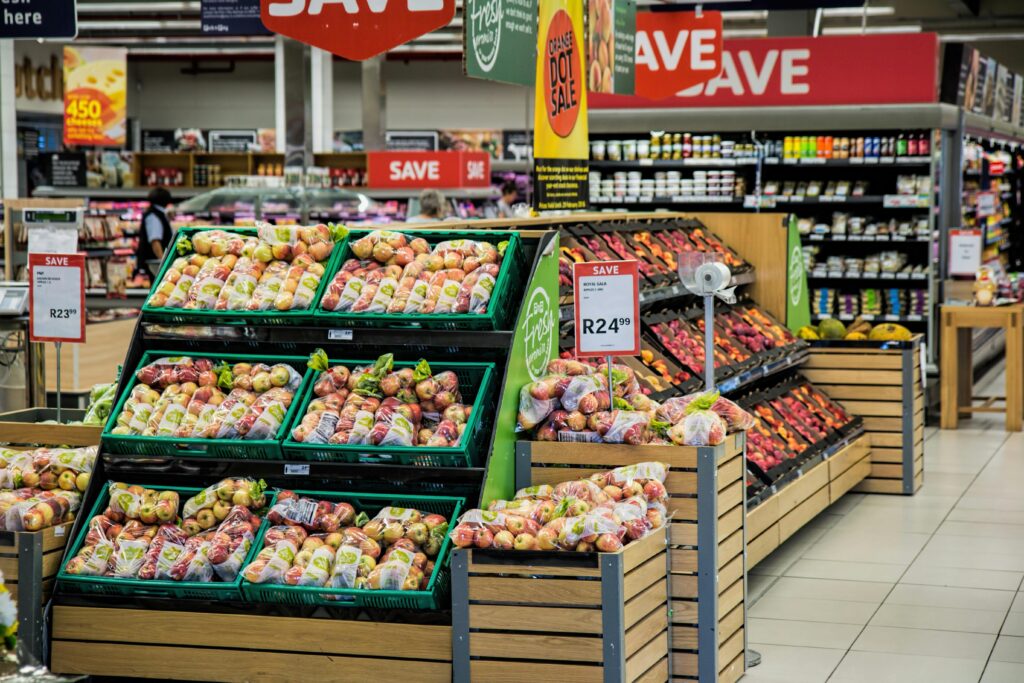Ever walked out of a store with your wallet feeling lighter than air, wondering if you just got scammed by clever marketing? Yeah, us too. But what if we told you there’s a smarter way to shop without sacrificing quality or your peace of mind?
In this post, we’ll dive into Budget Shopping Tips that will save you money and time while still letting you enjoy top-notch products. You’ll learn about the best budget-friendly markets, actionable shopping strategies, and even some hilarious fails along the way. Let’s get started.
Table of Contents
- Key Takeaways
- Why Budget Shopping Matters
- How to Shop Smart at Friendly Markets
- Proven Tips for Sticking to Your Budget
- Success Stories from Savvy Shoppers
- FAQs About Budget Shopping
Key Takeaways
- Shopping at top-friendly markets can save you up to 40% on groceries and household items.
- Pre-planning your shopping list is non-negotiable for staying within budget.
- Avoid impulse buys by sticking to cash-only spending in stores.
- Buy in bulk—but only when it makes sense financially (no 50-pound bags of oatmeal).
- The “terrible tip” everyone falls for? Thinking generic brands are always worse than name brands.
Why Budget Shopping Matters
Let’s face it: Life is expensive. Between rent, bills, and avocado toast addiction, it’s easy to feel like you’re hemorrhaging cash. One study found that over 60% of Americans live paycheck to paycheck. Yikes.

But here’s where I messed up—big time. A few years ago, I decided to “save” money by buying everything in bulk. Turns out, three dozen jars of pickles don’t magically disappear just because they were cheap per unit. Ugh. Lesson learned.
That’s why finding top-friendly markets matters. These places prioritize affordability and quality so you don’t have to sacrifice one for the other.
How to Shop Smart at Friendly Markets
Step 1: Research Local Markets
Start by exploring markets near you. Look for stores known for low prices but high-quality goods, like Aldi, Lidl, or Trader Joe’s. Pro tip: Google reviews often mention hidden gems specific to your area.
Step 2: Create (and Stick To!) a Shopping List
This step feels basic until you walk through those automatic doors smelling fresh-baked bread wafting through the air. Suddenly, your cart has five items you didn’t plan for. Don’t be that person. Write a detailed list categorized by sections: produce, dairy, pantry staples, etc.
Step 3: Use Cash Only
You might think swiping plastic is convenient, but studies show people spend 12-18% more when using credit cards versus cash. So grab your wallet and go old-school.

Proven Tips for Sticking to Your Budget
- Shop Seasonally: Fruits and veggies are cheapest during their peak seasons. For example, strawberries are dirt cheap in June but pricey in December.
- Use Coupons Wisely: Apps like Ibotta and Honey are chef’s kiss for saving money. Just remember—only use coupons for things you actually need.
- Avoid Brand Loyalty: Switching to generic options can cut costs significantly. Spoiler alert: Some generic cereals taste exactly the same as the name-brand ones.
- Rant Alert: Stop falling for flashy packaging! That neon-yellow label screaming “NEW!” doesn’t mean it’s better—it probably costs twice as much.
Success Stories from Savvy Shoppers
Jane D., a mom of two from Ohio, slashed her monthly grocery bill by 35% after switching to Aldi and planning meals around sales. “I used to waste so much food,” she says. “Now I know exactly how many carrots we’ll eat before they turn sad and floppy.”
Another success story comes from David R., who adopted the “no processed snacks” rule. He now shops exclusively at farmers’ markets and spends less despite eating healthier. “It sounds crazy,” he admits, “but cutting out chips saved me $100 a month.”
FAQs About Budget Shopping
What are the best days to shop for discounts?
Most stores offer markdowns midweek, especially on Wednesdays. Check weekly flyers online to spot deals early.
Is organic worth the extra cost?
If it fits your budget, yes—for certain foods like berries or leafy greens. Otherwise, opt for conventionally grown staples like bananas and avocados.
Should I join loyalty programs?
Yes, absolutely. Many programs give points toward free items or exclusive coupons. Just make sure to track them regularly!
Conclusion
Budget shopping isn’t about deprivation; it’s about strategy. By researching friendly markets, creating solid plans, and avoiding shiny distractions, you can stretch your dollars further while keeping life delicious. And hey, maybe next time you won’t end up with 50 jars of pickles… unless you’re really into pickles.
“Like an episode of ‘Friends,’ your budget deserves daily TLC.” 🥒💸


